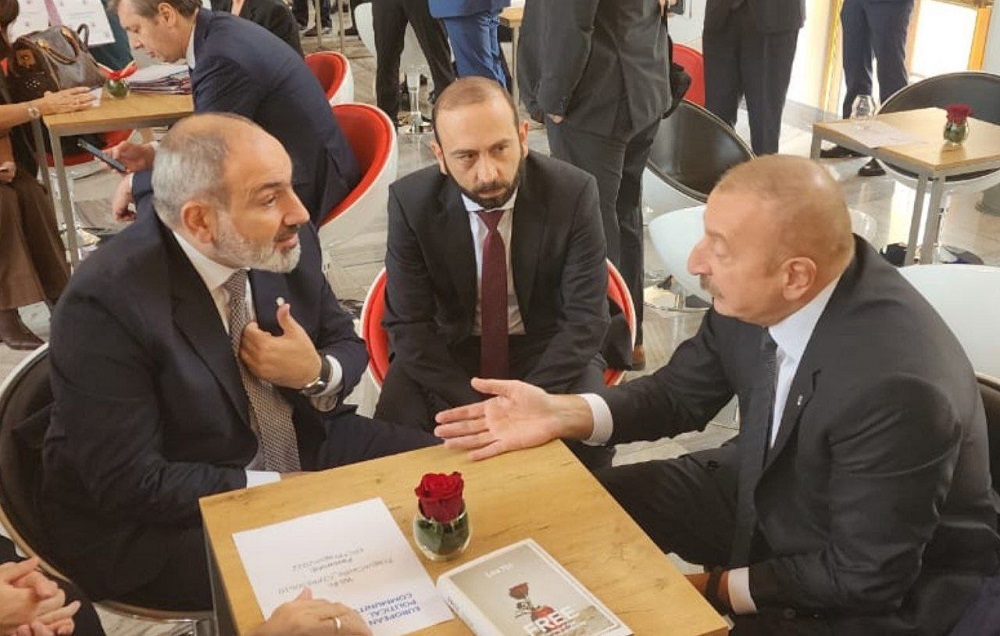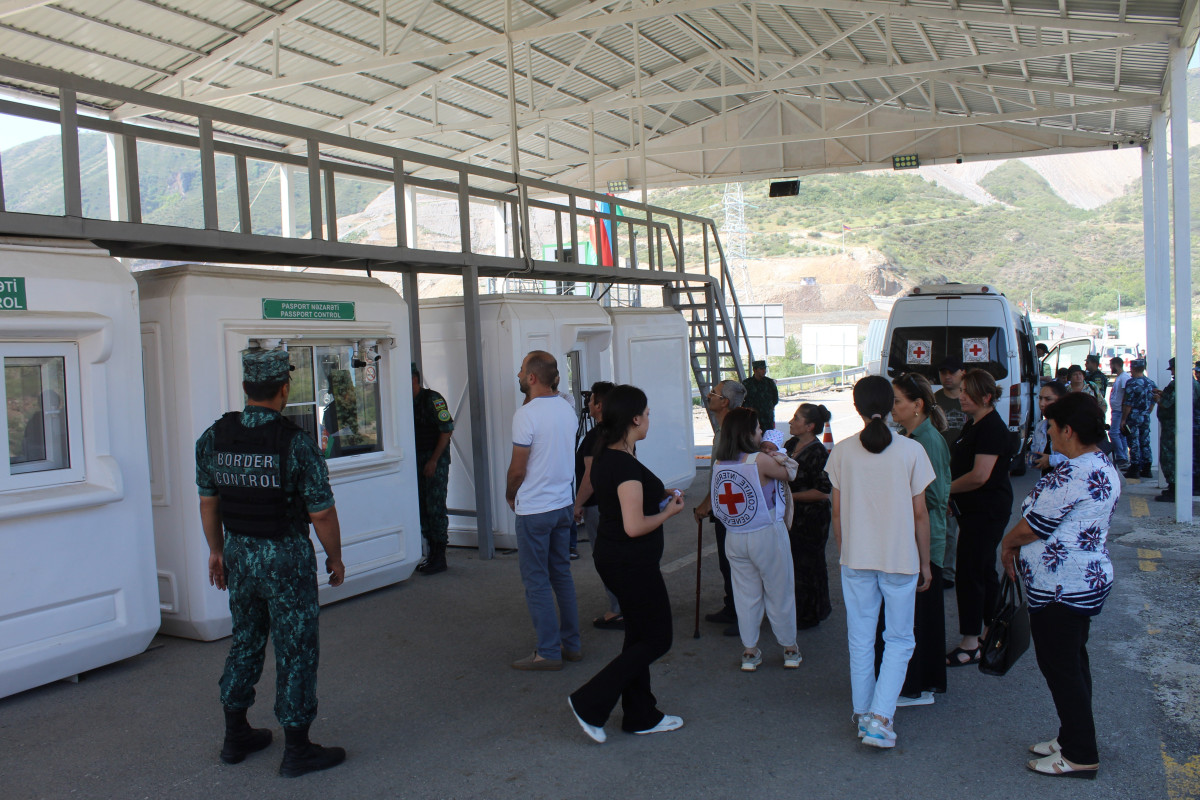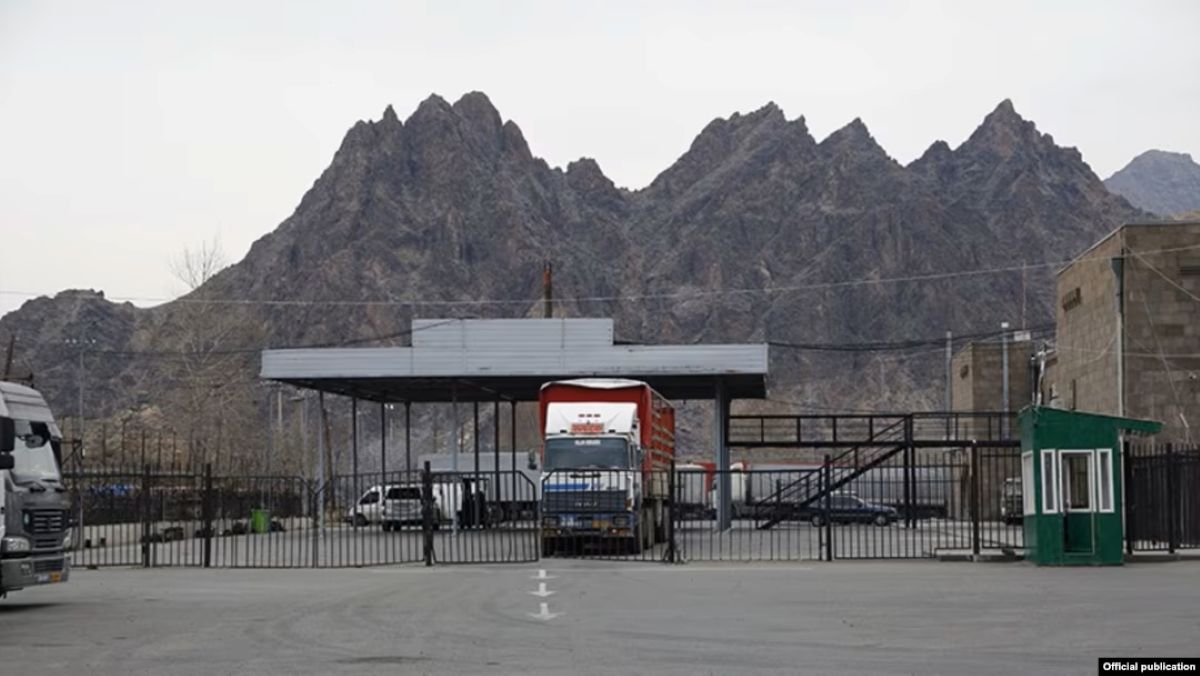"Rearming Armenia poses risks for the entire region." Comment from Baku
Baku’s take on Armenia’s armament
Hikmet Hajiyev, an assistant to the president of Azerbaijan, expressed Baku’s concern over Armenia’s continued armament. Armenian prime minister Nikol Pashinyan stated that his country has the right to purchase weapons abroad, just like other nations.
“Rearming the occupier poses risks for the entire region,” commented Azerbaijani political analyst Haji Namazov to JAMnews. The expert also touched on other current issues in Azerbaijan-Armenia relations.
- Ruling party dominates Azerbaijani Parliament again
- “Blank shot”: Armenian political analyst on recent statements from Baku
- “West is working on developing biochemical weapons in Georgia” – TASS
On Armenia’s armament
“Azerbaijan considers Armenia an occupying country, and there are ample reasons for this claim.
For nearly 30 years, Armenia occupied most of Karabakh and several other regions of Azerbaijan. Armenians long manipulated the narrative, claiming that only the so-called ‘Defense Army’ was in Karabakh and that these armed forces had no connection to Armenia.
However, former leaders of the now-dissolved separatist regime in Karabakh recently admitted that this ‘Defense Army’ was always under the command of Armenia’s Ministry of Defense—in other words, it was part of Armenia’s armed forces.
Another clear example of Armenia’s occupation of Azerbaijani territories is the withdrawal of Armenian forces from three districts without a single shot after the signing of the trilateral statement on November 10, 2020. This document was signed by Armenia’s prime minister himself.
There are numerous such facts, and the issue of who the occupier is is beyond dispute. Rearming the occupier poses a risk to the entire region.”
On recent statements by former leaders of the dissolved NKR
“We have all witnessed the revanchist statements by former leaders of the separatist regime in Karabakh regarding the anniversary of the illegal entity’s proclamation on Azerbaijani territory.
Undoubtedly, these statements were aimed at a domestic audience, as they hold no interest on the international stage. However, for Azerbaijan, which suffered under Armenian occupation, such statements raise understandable concerns.
It’s clear that Shahramanyan wants to remain relevant, to be someone who is still considered important, who gives interviews, and who holds—even if only virtually—a ‘position.’
As for the content of his statements, yes, Karabakh Armenians can return to the places where they were born and raised. They simply need to apply to Azerbaijan’s official authorities through a special website that was operational even when they were still in Karabakh. No one forced them out; they were encouraged to stay in their homes legally. They chose to leave.
Even Pashinyan, in his latest speech, did not describe the departure of Karabakh Armenians from Azerbaijan as ‘forced relocation,’ as is often claimed in Armenia. Everything has its proper name, and this all happened recently, in full view of the world. No one was forced into anything. On the contrary, official Baku strongly urged Karabakh Armenians not to leave their homes.
Armenians are well aware of this, and there’s no going back. The idea of revenge must be abandoned.”
Baku’s take on Armenia’s armament
On the “Zangezur corridor”
“In Armenia, there’s a tendency to claim that the trilateral statement has lost its validity because none of its points are being implemented. This is, at best, a distortion of facts.
After the statement was signed, Azerbaijan fulfilled all its obligations. The Lachin road was operational, and armed forces stayed in position. Naturally, Azerbaijan monitored the road connecting its territory with Armenia via video surveillance, which uncovered actions that defied both logic and the agreement’s terms.
Armenia continued arming the separatist regime in Karabakh, and natural resources belonging to Azerbaijan were being transported from Karabakh to Armenia. Despite repeated warnings from Baku, these actions persisted. What followed is well-known.
For two years, until the end of 2022, Azerbaijan consistently met its commitments under the trilateral statement. Armenia, however, failed to comply with the crucial 9th point, which required Russia’s FSB to oversee the road connecting Azerbaijan’s western regions with the Nakhchivan Autonomous Republic. This road was never built, and for a long time, this part of the agreement was largely ignored.
Now, there are attempts to manipulate the narrative by focusing on events that occurred after Armenia violated the agreements, which ultimately led to Azerbaijan fully restoring its sovereignty over its internationally recognized territory.”




















